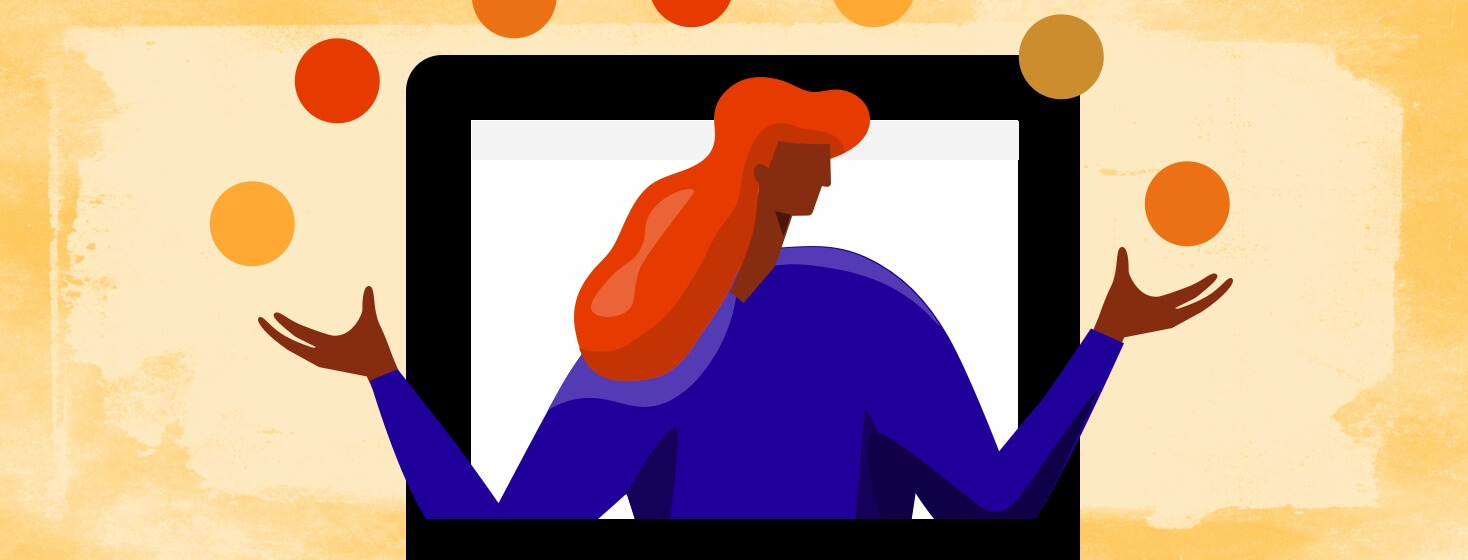The Reality of Full-Time Caregiving for a Child with Developmental Delays and Epilepsy
Some of us are natural-born caregivers and some of us need more time and energy to learn the skill of caregiving. It is a balancing act of caring for yourself and spending your life caring for someone else who depends solely on the ability of others to provide a safe and loving environment.
Adapting to the unexpected caregiving role
When I became a mother to 3 beautiful children, I never dreamt that I would be a full-time caregiver for the rest of my life. I aspired to watch my children grow into beautiful young adults and learn to help them leave the coop. Then our youngest child was born with a rare genetic deletion on his 5th chromosome. He would later experience developmental delays and epilepsy.
I have had to come to terms with the fact that we (myself and my husband) would care for him forever, or for as long as possible in our home.
Facing the reality of being a caregiver
I am ready and equipped for this caregiving role but sometimes I just want a little more "normal" in our lives.
People often say that, "God doesn't give you what you can't handle." When people say this to me, I roll my eyes because I don't believe this sentiment. I believe that God walks with us through our hardship and is there for us, but is not the cause of hardship. Hardship is simply part of life and everyone endures hard things at some point in their lives.
We love our son Michael and would move mountains for him. The stark reality is that he requires constant care 24 hours a day.
Featured Forum
View all responsesNavigating daily life with developmental delays and epilepsy
Michael is currently 17 and lives with epilepsy. He is on 2 seizure medications and a medically supervised ketogenic diet to control his seizures. This takes daily planning and food prep for every meal. It is expensive and not everyone can afford this type of dietary therapy. We are blessed to be able to do this for our son.
Michael is also nonverbal and we find ourselves playing charades daily to meet his basic communication goals and reduce his frustration levels. Caring for him is like caring for a toddler that will never mature. He is growing physically but mentally he is delayed.
Finding joy amidst the challenges of caregiving
Of course, we celebrate when he achieves a milestone. And often, these celebrations have more meaning because it took so long and he worked so hard to achieve them! Things like walking, pointing his finger, navigating an iPad, using sign language to communicate, expressing emotion, and doing things independently have all been worth celebrating.
We are lucky to have help, too. He attends public school during the day and we have a part-time caregiver that helps us with his daily living skills and community living supports. These services are all covered by a Medicaid waiver program in our state. I honestly do not know how we could care for him without these services.
Managing caregiver guilt and burnout
On the occasion that we can travel as a couple without our son, I sometimes find myself lost and unable to enjoy the "normal" because I know what is waiting ahead of me when I return.
Re-entry to real life can be difficult when you allow yourself to experience a bit of what "normal life" should be like on the daily. There is always a grieving process when I allow myself to experience normalcy and then go back to our reality.
Then comes the feeling of guilt for even feeling this way in the first place. But we deserve breaks and need them to be the best parents to our son. However, planning is always a requirement when you are a caregiver. It would be great to just do something on a whim on occasion.
Balancing the worries with the joys
As we age, I fear our son's future as well. Who will care for Michael if and when he outlives us? It is hard to live in the moment when such serious thoughts are always creeping into your mind.
Caregiving is a balancing act and learning to juggle it all has been not only life-changing – and sometimes a circus – but also a rewarding part of doing hard things in this life. We are learning to appreciate the journey!

Join the conversation